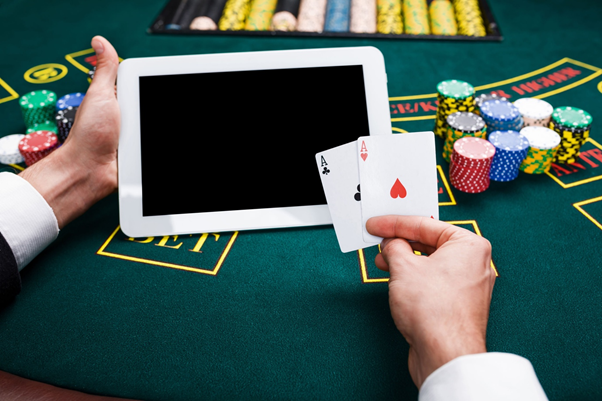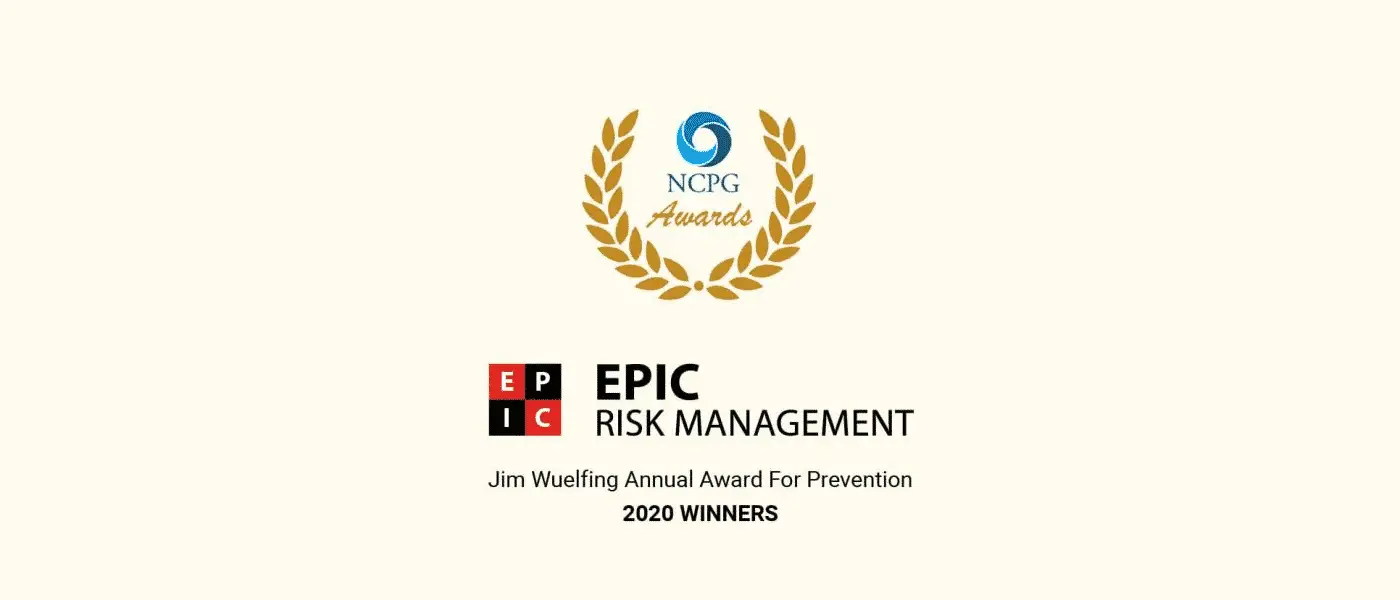The national Powerball lottery is a big item in the news at this time. This leads to the question of whether or not a Christian should take part in the many forms of gambling available to us today. A lot of people will answer that gambling is outright bad, but legal gambling is a $449.3 billion industry currently and is projected to cross $1 Trillion in the future. So evidently, gambling isn’t outright bad. Gambling, in fact, is a good recreation if done with the intent of entertainment.
- INTERNET GAMBLING: IS IT WORTH THE RISK? The use of Internet technology for gambling is a novel idea to some, but for others it is a criminal prosecution waiting to happen. The convenience of Internet gambling is appealing. No long flights to Las Vegas or Atlantic City, just a click of the.
- The valuation of Amazon shares poses investment risk. At nearly $3,000 a share as of July 2020, Amazon is a highly speculative investment with a market cap over $1 trillion and a trailing P/E.
Gambling is one of the stealthier addictions, both to spot and to succumb to in all its glory. After all, everyone gambles – don’t they?
Take, for example, that big ol’ thing called “life.” Every day we take a “gamble” on what we plan to do and keep the faith that it will turn out to our advantage one way or another. Each decision results in a consequence. In short, and as defined by Webster’s New World™ College Dictionary (4th Edition) to gamble is “to take a risk in order to gain some advantage.”
Consider the words risk and advantage. At what cost is risk? And how big is the advantage? We all have to take some kind of risk in order in order to keep moving ahead. We have to cross the road to get to the other side.
Yet, what happens if the risk is increased? But the advantage remains the same, or even less likely? Say, for example, the proverbial road is a five-line freeway instead of a single-track road; suddenly the risk of getting safely to the other side is increased. Yet the advantage is still the same, that is, we still want to be on the other side of the road (where the grass is said to be greener). Is the increased risk of safely making it to the other side of the road worth it? Or not? Is it time to quit when the single-lane road becomes a five-line highway because the advantage is not worth the higher risk?
I studied statistics and the law of probability in college. I soon concluded that most statistics can be “manipulated” to become the (perceived) outcome that you want it to be. And, so it is with gambling. The odds might be stacked against you, but we only see what we want to see, and convince ourselves that this time it really is “the big one.” We take that big risk, take those high odds, because someone must win, right? And why shouldn’t that someone be you?
Life is all about a calculated risk. We can’t control everything that happens to us. But, if we take the time to assess some risks more closely, we may decide that the advantage is not worth taking the risk, and thus control the outcome. Our lives, our health, our family, our security – our sanity – is more important. Having someone beside you to help you understand, and support you, when those risks become too much is often crucial.
My big gamble in life was moving from one continent to another. I thought that the “advantage” was worth it. And, it may have been for a while. But then my gamble went wrong – or the rules of the game changed, and I didn’t realize it. Not through any particular action I took, but that it soon became clear to me that the initial advantage was no longer worth the changing risks. I needed to change my situation. In essence, call “quitting time.” But, like many in emotionally abusive relationships (which can be likened to addiction), I needed support to both understand and have the strength to change my risk and advantage. It took me several years to “quit” – and even more in continued recovery.
In closing, as you read through the common threads in articles in this issue on gambling, and the brave, insightful stories of those who’ve shared, think about both the risk and the advantage next time you are faced with a gamble. Is it worth it? If you’ve taken a risk – is the advantage (or stake) still the same as it was? Or did the rules of the game change? And finally, is it quitting time?
Last Updated on March 7, 2020
Related posts:
The Risky Implications
Is Gambling Worth The Risk Assessment
What is Betting and Gambling?
Is betting worth it?
| When gambling, always remember there is one behind the wheel. – CravingBiz |

Is betting an effort of hard work or luck?


Disadvantages of Gambling
The One Behind The Wheel
Is Gambling Worth The Risks
Hits: 0